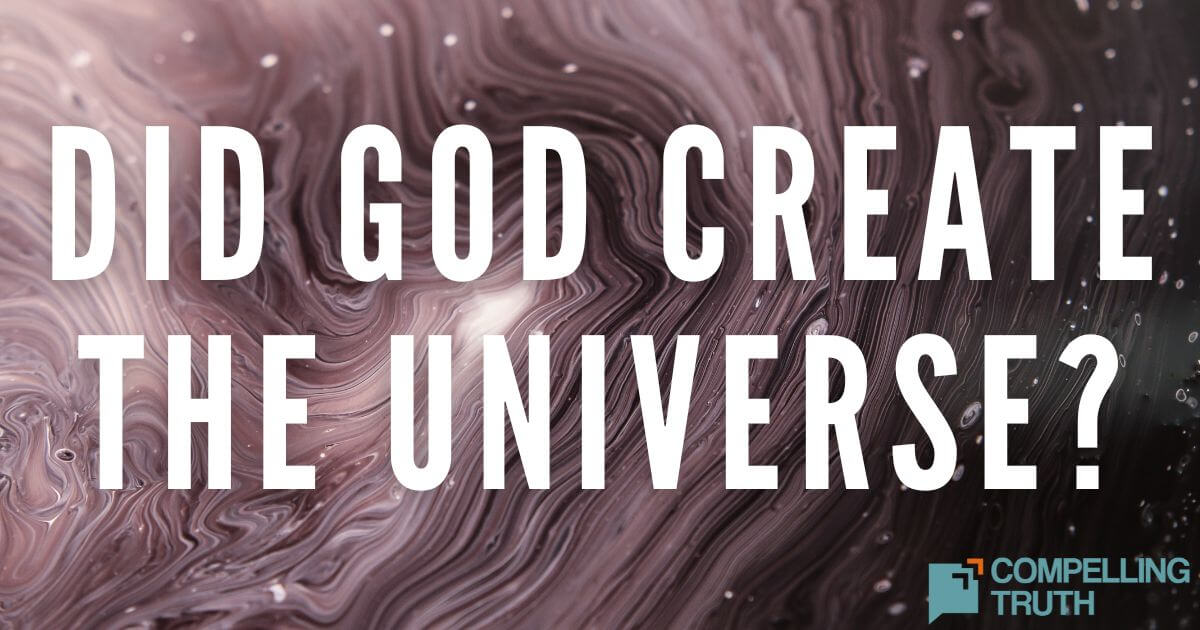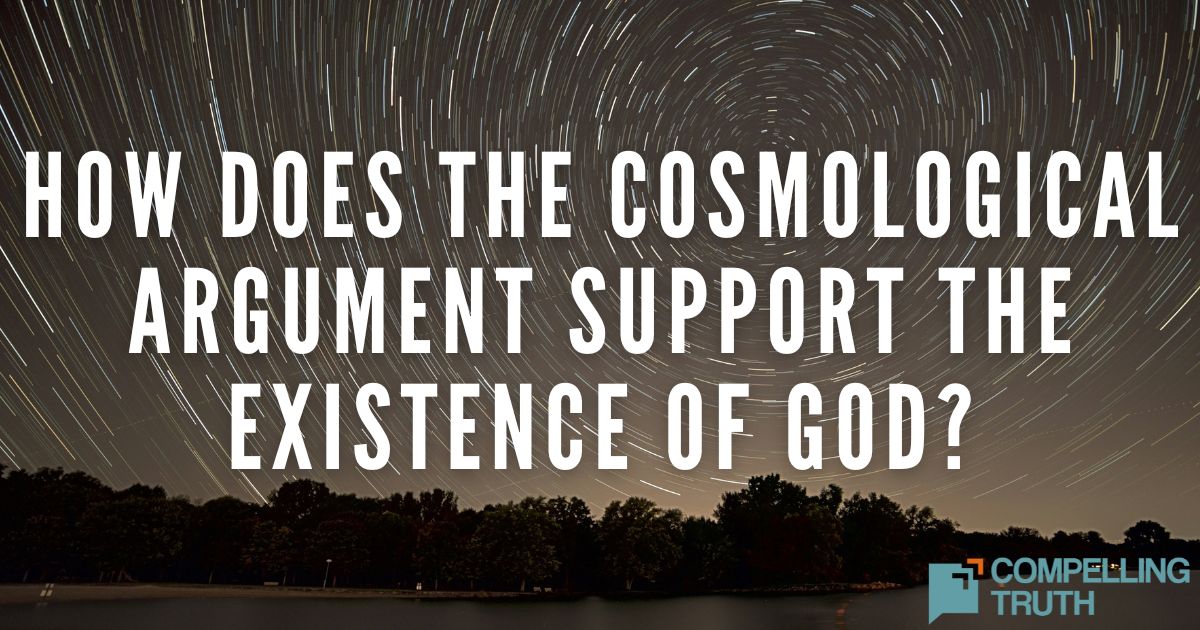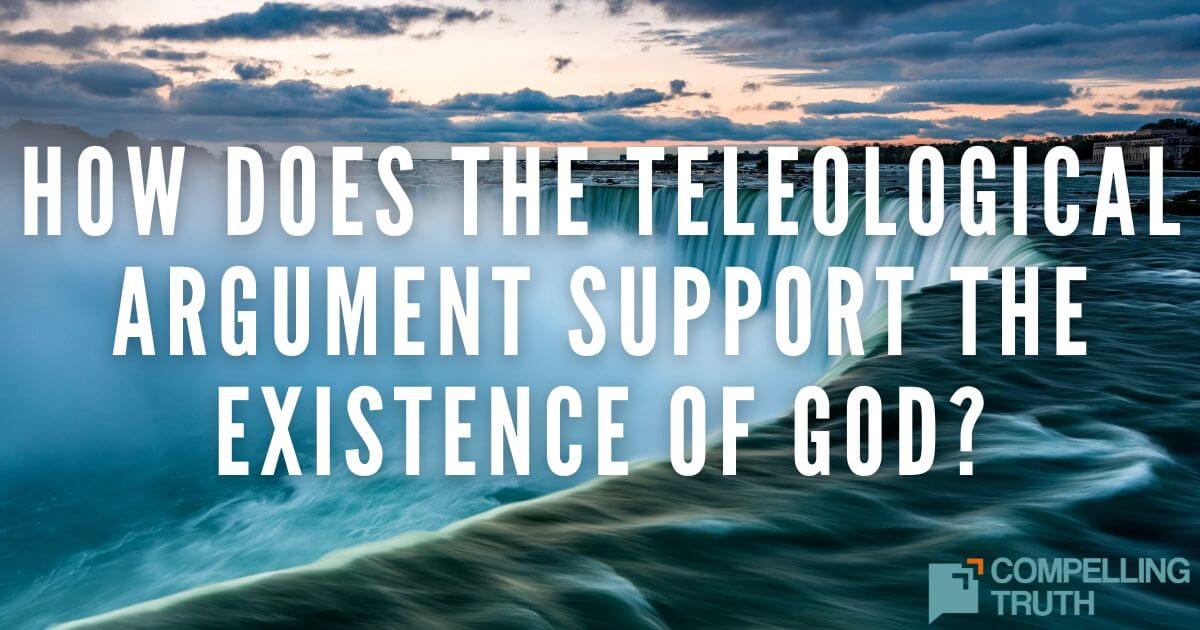The universe, including our unique planet, has the appearance of design because it was designed. The Bible tells us that God designed and created the world for His glory (Psalm 19:1; Isaiah 43:7). The anthropic principle and observations of the many fine-tuned parameters should not come as a surprise, since the God of the Bible predicts and explains such things. For example, Job 38 summarizes many actions God performed to design and sustain the universe. The anthropic principle simply says the universe appears to be designed for the sake of human life. As more evidence of fine-tuned parameters accumulates it seems more likely that the anthropic principle is true, which we already know by reading the Bible. Indeed, the anthropic principle demonstrates that we live on a privileged planet!
Within the laws of physics are numbers which represent foundational properties of the universe. Examples are the strengths of the fundamental forces and the masses of its basic particles. In recent decades, physicists have found an unexpected pattern among these parameters: they must have values in a very narrow range for any life to exist at all, let alone the particular kind of life seen on earth. This is related to the “fine-tuning” of the universe and is the observational basis of the anthropic principle.
The anthropic principle can be formulated in several ways. However the principle is described, it highlights an incredible mystery: time and time again, scientists learn new ways in which even the tiniest variation of a parameter in physics, astronomy, or geology would alter the Earth and make life impossible. Over one hundred such parameters (anthropic constants) have been discovered, including the gravitational force, the velocity of light, the ratio of masses for protons and electrons, and the location of earth within a habitable distance from the sun.
Is the anthropic principle and its implications for transcendent design true or false? If the anthropic principle is false, research will discover declining evidence for fine-tuning and existing evidence will be erased by new data. If, on the other hand, the anthropic principle is true, research will yield an increase in both the number of fine-tuned characteristics and the degree of fine-tuning. That's exactly what we see. The weight of accumulating evidence indicates the anthropic principle is true.




